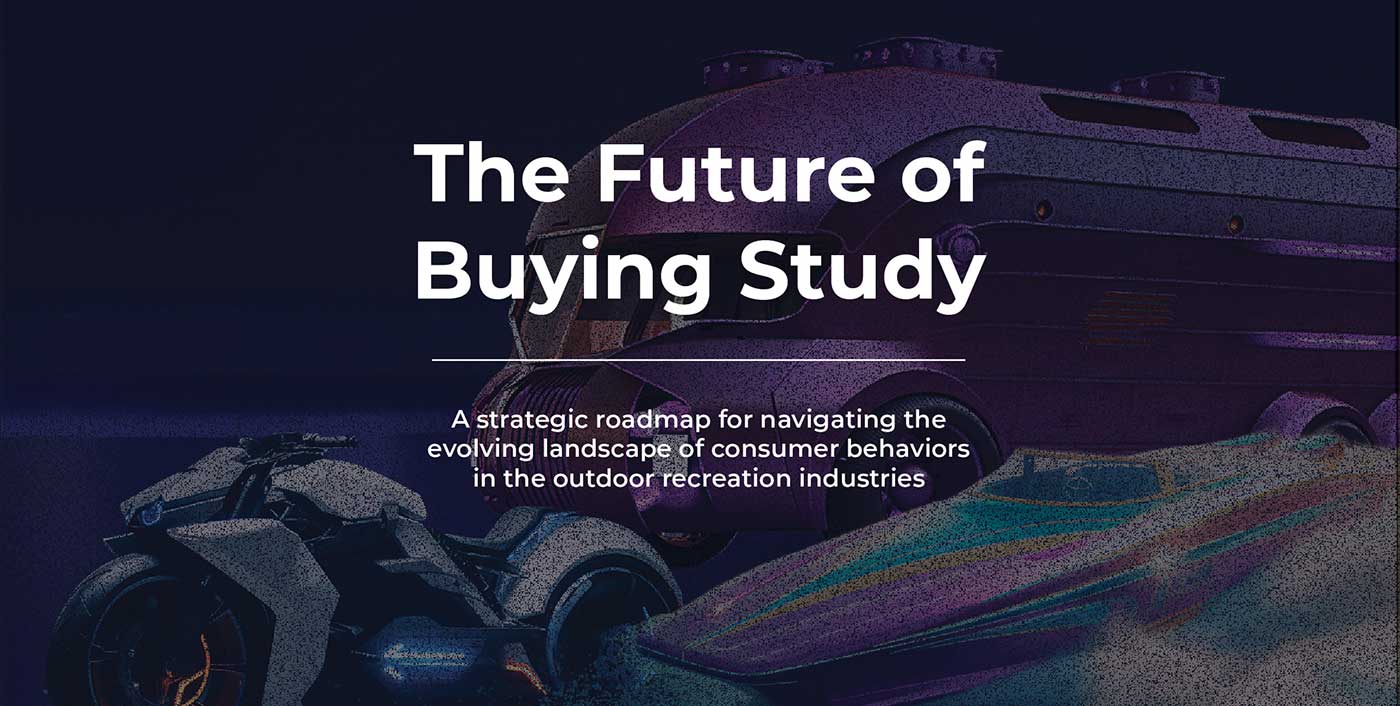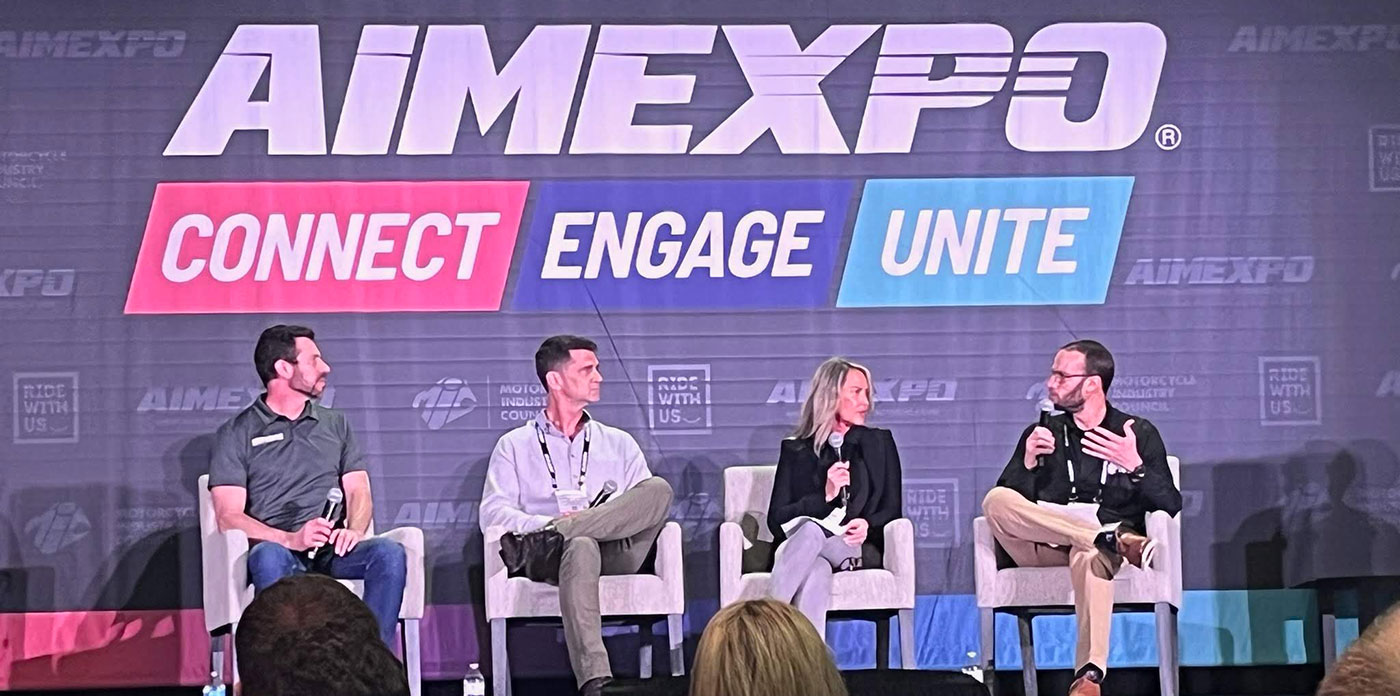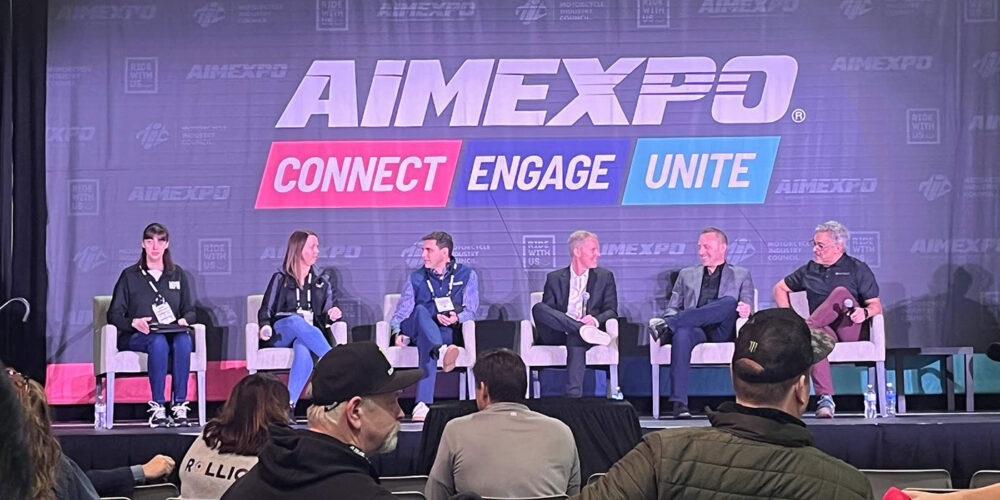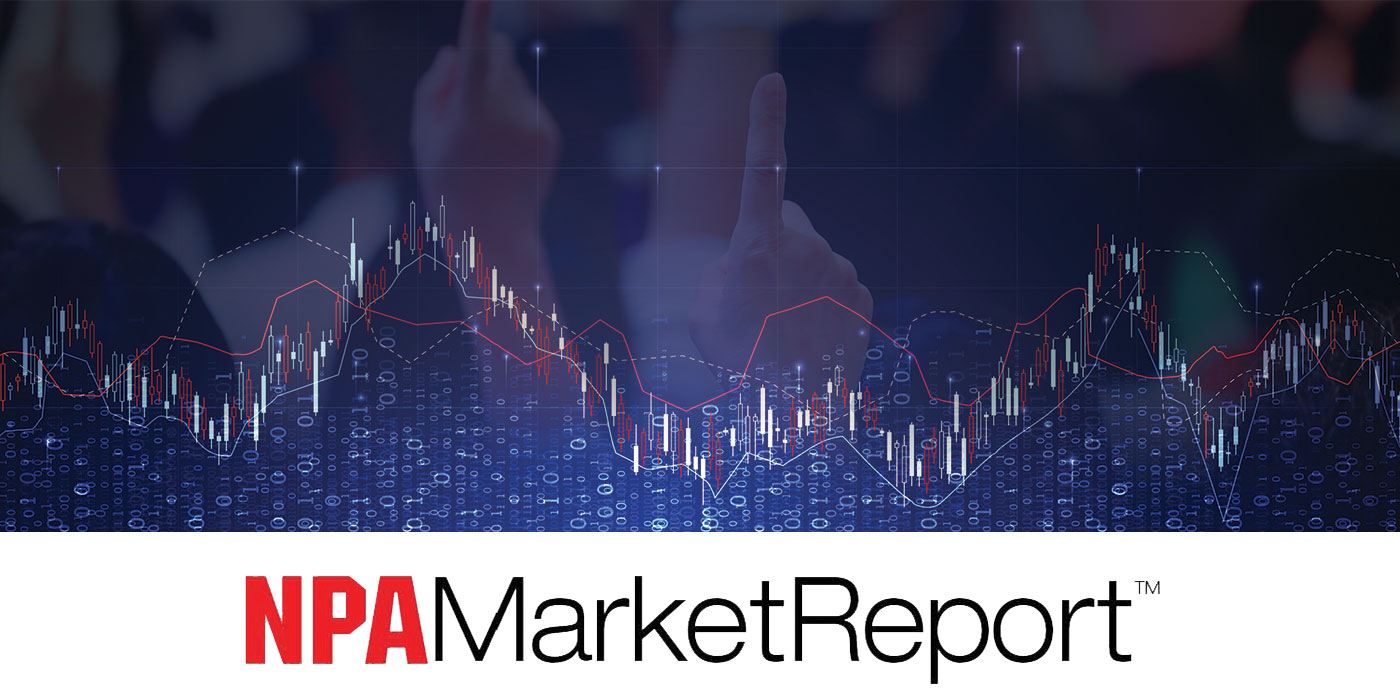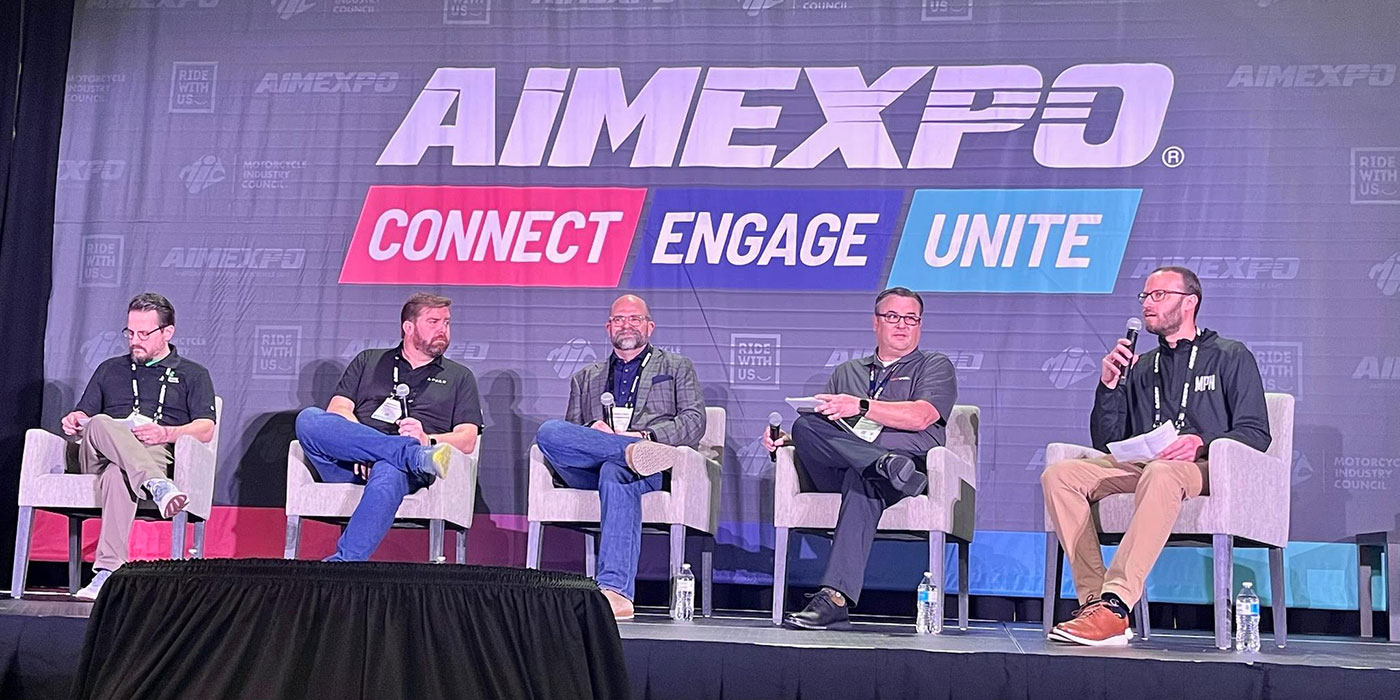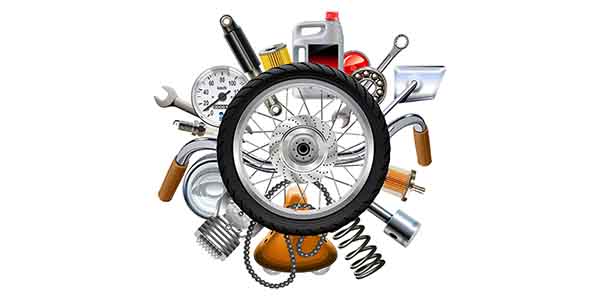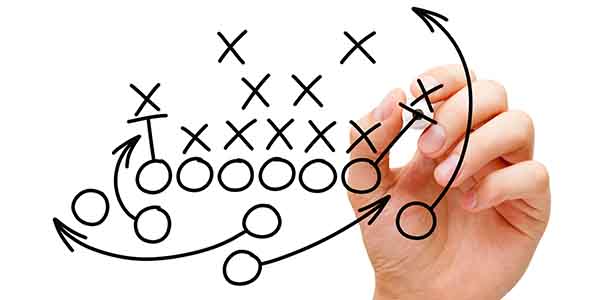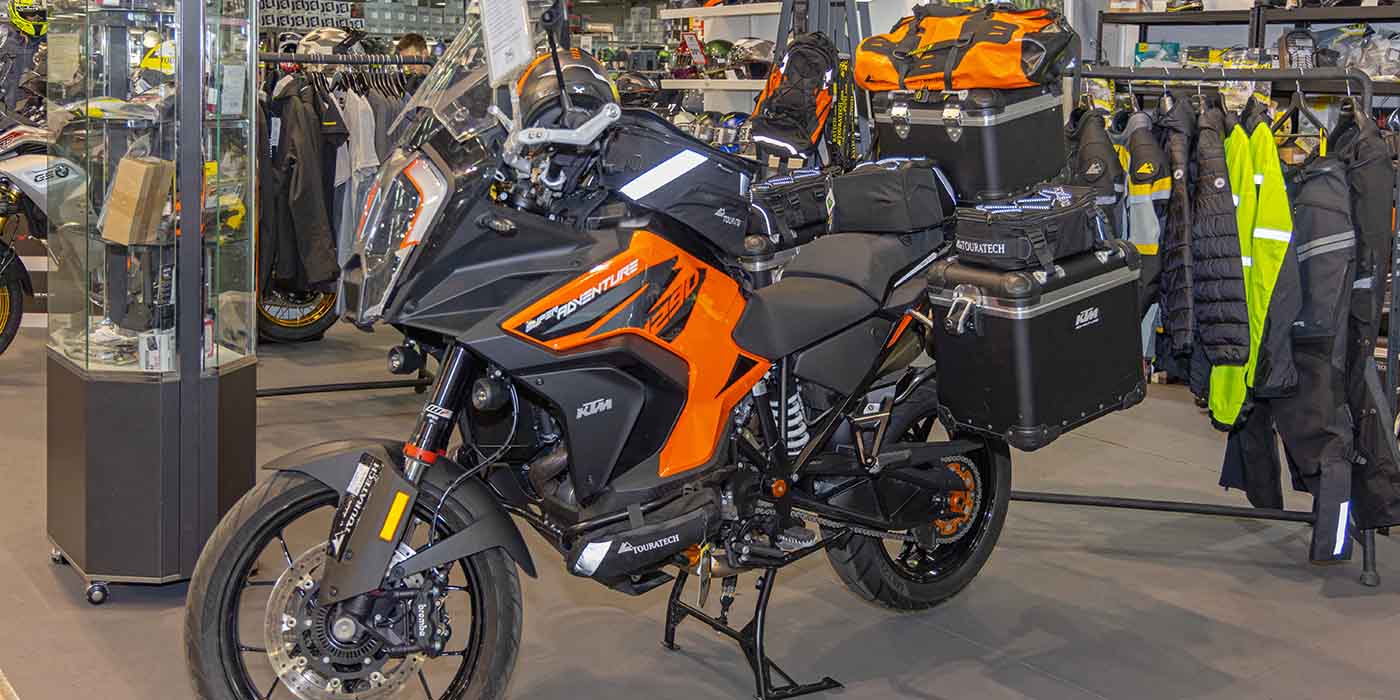When a MotoGP rider is working to turn his fastest lap, he focuses on carrying more speed in the slow corners than he does trying to increase his top speed.
This same philosophy should be applied to holding a high Per Vehicle Sold (PVS), which is the total dollars generated in finance divided by the number of units sold in the finance office. There is more to gain by eliminating, or at least minimizing, the zero-dollar deals then by making that multi-thousand dollar deal.
We all know that the majority of the zeros come from customers paying with cash. We also know that most customers are interested in something. If we can identify the product that the customer is interested in and concentrate on that product, we can eliminate more of the zeros.
Most of us, myself included, learned to step-sell to cash customers. A standard step-selling approach starts with presenting the service contract. After presenting the service contract, the customer either agrees to buy it or gives an objection. If they give an objection, then the verbal fencing begins.
They tell you why they don’t want it, and you counter with why they should have it. You go back and forth a couple of times until you sense that the customer is not going to budge, then you move on to the next product. You present, they agree or object, and it starts all over again. Once you get down to the third, fourth or possibly fifth product, the odds that your customer is going to buy anything are so small as to be immeasurable.
There is a better way. There are a couple of things that I see consistently with the finance managers that sell the most products to cash customers.
1. They meet the customer as early as possible and get to know the customer before they take them into their office.
In my article “Meet the Customer Early,” which you can find it at (http://bit.ly/NNxQWT) I cover the ins and outs of meeting the customer on the sales floor as soon as they agree to buy.
2. They are good at identifying what product the customer needs and keying in on how it will benefit them. They don’t worry about how much they make on that product or if it’s the best for anyone except
the customer.
In most situations, a service contract makes the dealership and us more money than other products. However, we can’t always hammer on the customer here if we want to be the best we can be.
If you have spent any time in one of my workshops, or one-on-one with me, you have probably heard me say, “I would rather have half a piece of pie than no pie.” By hitting hard on the service contract with every customer, you will either get a whole piece or none.
What the most successful finance managers do is present every product as if they were step-selling. If the customer says they want it, great. If they do not, they do their best to find the true objection and move on to the next product. After they have heard all of the customers’ objections, they can decide which objection they have the best chance of overcoming and go after that product.
If those finance managers decide tire and wheel coverage is the product the customer is most likely to buy based on what they know, and they do sell the product, they might not be improving their top speed, but they are improving their lap time in the slow corners.
Steve Dodds II is a moderator, trainer and consultant for Gart Sutton and Associates with experience in every position in the sales and finance departments. Dealers rave about his ability to identify areas for improvement and implement the changes that produce superior results. If you have questions about what he or one of our other talented consultants can do to help you meet and exceed your goals, contact us at [email protected].

